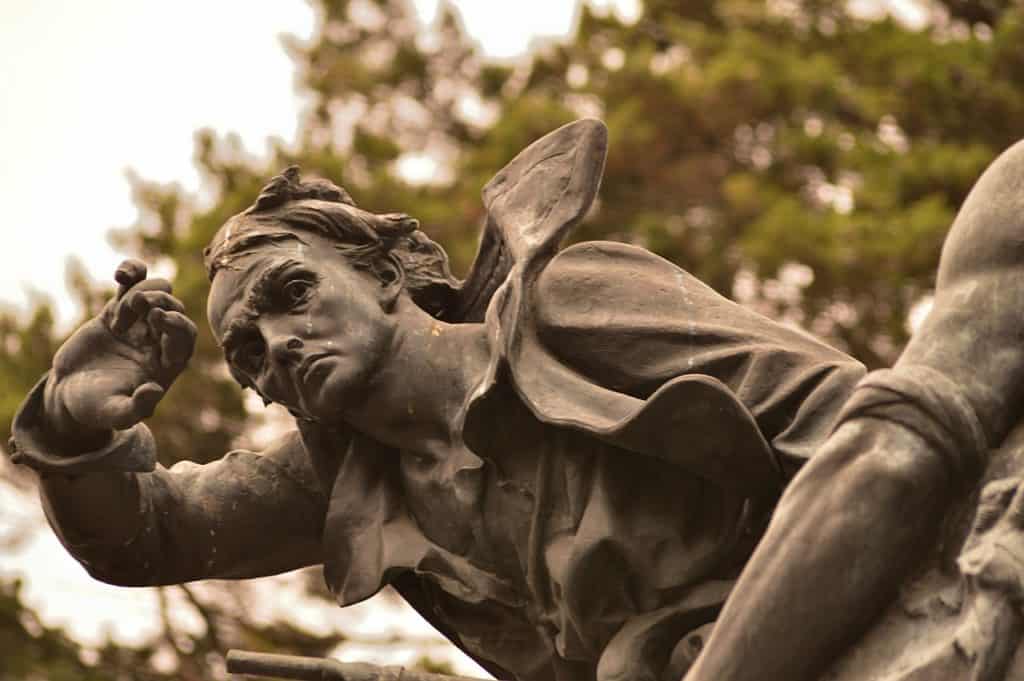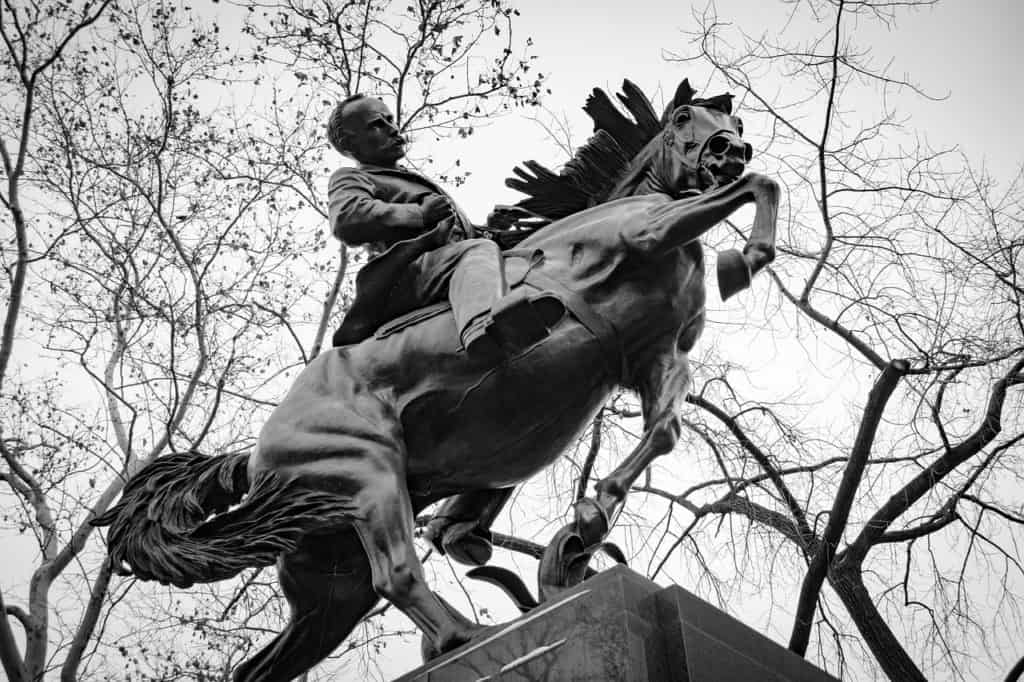
Costa Rica is known around the world for its lush rainforests, rich biodiversity, and a laid-back lifestyle that seems to whisper “pura vida” in every corner. Yet one of its most intriguing qualities is also one of its most discussed: the fact that it doesn’t have an army. In a region where many countries invest heavily in defense, Costa Rica stands apart with a bold decision that has shaped its national identity, politics, and international reputation. In this article, we’ll take an in-depth look at why Costa Rica chose to forgo a traditional military, how it manages national security today, and the ripple effects of this decision on its society and global standing.
The Historical Turning Point: From Conflict to Commitment
The roots of Costa Rica’s peaceful stance stretch back to a pivotal moment in its history: the 1948 civil war. This brief but intense conflict left the nation at a crossroads. Instead of rebuilding along the lines of militarization—a path that many countries have followed—Costa Rica opted for a radical shift in priorities. The government decided that a standing army was no longer essential to national security. Instead, it was seen as a potential threat to democracy and social progress.
In the aftermath of the war, the decision was made to abolish the army altogether. This groundbreaking move allowed the country to reallocate funds that would have gone toward defense spending into critical areas such as education, healthcare, and environmental conservation. It also paved the way for a political culture that embraced dialogue and civil institutions over militaristic solutions. The legacy of that decision remains evident today, underpinning Costa Rica’s reputation as one of the most stable and democratic nations in the region.
Building a Security Model Without Soldiers
A natural question arises: without an army, how does Costa Rica protect itself? The answer lies in a well-organized system of domestic security institutions and specialized units that address both internal and external challenges. Let’s break down the key components of Costa Rica’s security model:
1. The National Police Force
The cornerstone of Costa Rica’s security is its National Police. Unlike a military force, the police focus on law enforcement, maintaining public order, and managing internal emergencies. They handle everything from routine traffic control to large-scale disaster response. Their role is crucial, as they ensure that citizens feel safe and that the rule of law is upheld throughout the country.
2. The Coast Guard and Border Patrol
Given Costa Rica’s extensive coastlines along both the Pacific Ocean and the Caribbean Sea, the Coast Guard plays an essential role in national security. This unit is tasked with monitoring maritime borders, preventing smuggling and trafficking, and conducting search and rescue operations. Similarly, border patrol units work diligently to control the flow of people and goods, reinforcing national sovereignty without the need for a conventional military.
3. Specialized Security Units
Over the years, Costa Rica has invested in specialized units designed to respond to unique challenges such as cyber threats, organized crime, and disaster management. These units are equipped with modern technology and trained in advanced techniques, ensuring that the country can address emerging threats effectively. This approach has allowed Costa Rica to remain resilient in a world where security challenges are increasingly complex and multifaceted.
The Debate Over a Military in Modern Times

While Costa Rica’s peaceful model has earned international admiration, it is not without its critics. Some argue that in today’s rapidly changing world, with new forms of warfare such as cyber-attacks and unconventional terrorism, a limited military force might be beneficial as a backup for national defense. This perspective suggests that a small, well-trained military could provide additional layers of security against external threats that are not fully addressed by traditional law enforcement agencies.
On the other side of the debate, many Costa Ricans take immense pride in their country’s commitment to peace. The absence of a military is seen as a symbol of the nation’s belief in investing in its people and the environment over military might. Critics of military expansion point to the social and economic benefits reaped from redirecting funds into education, healthcare, and environmental protection. In a nation that values sustainable development and long-term stability, the idea of reintroducing a military is met with skepticism.
International Relations: Soft Power and Regional Leadership
Costa Rica’s decision to maintain a non-militarized defense system has had profound implications for its foreign policy and international image. By choosing peace over war, Costa Rica has become a beacon of stability in a region often troubled by conflict. This reputation has opened many doors on the global stage:
1. A Model of Democratic Governance
Costa Rica’s emphasis on democratic institutions, human rights, and social welfare has made it an attractive partner for other countries and international organizations. Its model of governance is frequently cited in academic and diplomatic circles as an example of how nations can thrive without resorting to militarization. This soft power has enhanced Costa Rica’s influence in international forums, where it champions environmental protection, human rights, and sustainable development.
2. Economic and Diplomatic Advantages
The country’s peaceful reputation is not just a matter of national pride—it also has tangible economic benefits. Tourists from around the world are drawn to Costa Rica not only for its natural beauty but also for its stable and welcoming atmosphere. Foreign investors, too, find the lack of military conflict reassuring. This has helped Costa Rica secure its place as a top destination for eco-tourism and international business. In turn, the nation’s diplomatic relationships are bolstered by a trust that extends far beyond the region.
3. Regional Security and Cooperation
Despite the absence of a formal military, Costa Rica does not stand alone in a security vacuum. Instead, it benefits from regional cooperation with neighboring countries that maintain their own armed forces. Informal security agreements and joint disaster-response initiatives ensure that Costa Rica is not isolated when it comes to matters of regional security. These collaborations highlight an important point: security does not solely rely on military might but can also be achieved through diplomatic engagement and shared responsibilities.
Social Investments: Prioritizing People Over Weapons
A significant part of the Costa Rican narrative is the way in which the funds typically earmarked for military expenditure have been redirected into building a robust social infrastructure. This transformation has left an indelible mark on the country’s development and the well-being of its citizens.
Education and Healthcare
Costa Rica boasts an impressive education system that has consistently produced high literacy rates and skilled professionals. Investments in education have not only contributed to individual success but have also driven national economic growth. Similarly, the healthcare system in Costa Rica is a source of national pride, providing universal access to quality care. This strong focus on human development has created a society that values knowledge, innovation, and well-being above traditional notions of power.
Environmental Conservation
Perhaps one of the most celebrated outcomes of Costa Rica’s unique approach is its leadership in environmental conservation. With more than a quarter of its land designated as protected areas, Costa Rica is a global leader in biodiversity preservation. The funds saved from military spending have been channeled into sustainable development projects, eco-tourism, and renewable energy initiatives. This commitment to the environment not only supports the planet but also enhances the country’s appeal as a tourist destination and a model for sustainable living.
Cultural and Civic Engagement
The absence of a military has also allowed for the cultivation of a strong sense of civic engagement and cultural identity. Costa Ricans, or “Ticos,” are known for their active participation in community life and politics. This engagement has led to a vibrant civil society that works together to address social challenges and promote transparency in governance. The result is a nation where the collective well-being is placed at the forefront of national priorities.
A Vision for the Future: Lessons and Legacy
Costa Rica’s experiment with non-militarization offers valuable lessons for other nations grappling with issues of security, development, and democratic governance. While each country’s historical and cultural context is unique, Costa Rica’s experience shows that alternative models of national defense and social investment can yield remarkable results.
By forgoing a traditional army, Costa Rica has been able to build a society that prioritizes human capital, environmental sustainability, and peaceful conflict resolution. This model is not without its challenges—debates over the need for modern security measures persist—but the overall record of stability and progress speaks for itself.
Final Thoughts
Costa Rica’s lack of a standing military is far more than an absence of armed forces—it is a conscious and deliberate choice that reflects the country’s values, aspirations, and historical journey. By channeling resources into education, healthcare, and environmental conservation, Costa Rica has carved out a niche as a leader in sustainable development and peaceful governance. The nation’s security is maintained through an effective blend of specialized law enforcement, regional partnerships, and community engagement.
For many, Costa Rica stands as a reminder that strength is not measured by the size of an army but by the quality of life its citizens enjoy. It is a story of transformation, one that shows how a nation can turn the challenges of the past into a blueprint for a more equitable and sustainable future.
In a world often dominated by militaristic narratives, Costa Rica offers a refreshing alternative. Its model of peace and prosperity invites us to reconsider our definitions of security and power. As debates about national defense continue in many parts of the globe, Costa Rica’s experience stands out as a compelling example of how investing in people and the environment can be a far more powerful and enduring strategy than relying on force.
Whether you’re a traveler seeking inspiration from a country that lives by “pura vida,” a student of international relations exploring innovative security models, or simply someone curious about what makes Costa Rica unique, this nation’s journey offers insights that resonate far beyond its borders. It is a testament to the idea that the true measure of a nation lies not in its armaments, but in the collective strength and well-being of its people.

